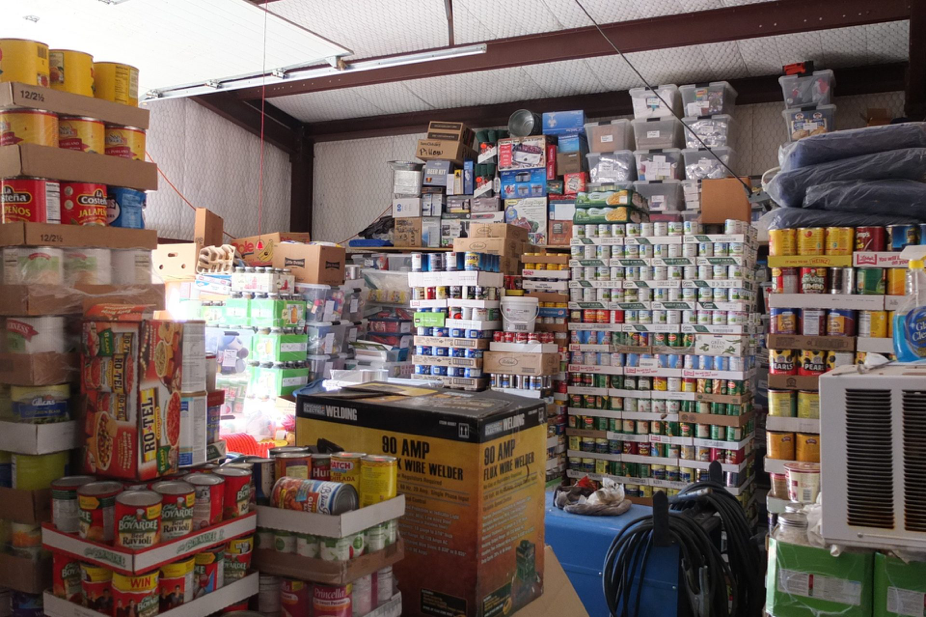Best Tips For Disaster Food Storage – The past few months have shown everyone that danger is always lurking around the corner. History is full of cataclysmic events, as well as catastrophes, and it seems that we, as a species, can’t run away from nature. Instead, we need to prepare for it.
Every human being on the planet needs air, water, and food. It’s easy to get caught up with other things, but these three are the absolute necessities. The governments all around the globe showed that they are incapable of handling a pandemic. Click on this link for more info.
That shows us that we need to prepare for the worst. If another wave of coronavirus hits the world, then you need to pack your shelves full of food and water to last through a longer period. Going to stores might become dangerous soon since more and more people are getting infected every day. That’s why we’re going to cover the best tips for building an emergency stockpile of food and water.
Best Tips For Disaster Food Storage
Set a goal and start
It would be best if you made a plan depending on where you live. If you’re located on the outskirts of town, then it would be best to buy a month’s supply of everything. If you’re somewhere close, the period can be shorter. You should always have enough food and water at home that would last you at least three days.
In addition to that, you must have a flashlight in case the power runs out. A manual radio is also a good idea if you don’t have one. Phones won’t be of much use if the power system fails. They’re going to become useless metal bricks if we don’t charge them.
Finally, make sure you get a first aid kit since anyone can get hurt in an unknown scenario. The best place to get all of these things at once is from the Red Cross organization. You can order a kit online, and they’ll bring it to your door. Visit this link for more info https://www.realsimple.com/food-recipes/shopping-storing/emergency-foods.
As soon as you have enough resources to last you three days, try living off them. If you handle everything nicely, increase the amount you stockpile, depending on your goals. This gives your psyche a boost since you’ll know you can handle it if the time comes.
Start prioritizing

We can live without food for 40 days, but we can only survive for a week before we die of thirst. This means that water is more important than food. Each person in a family should have at least a gallon for a day. The best way to store water is to buy it bottled.
The task has already been completed at a factory, and you only need to put it in a safe place. Check the labels and see how the expiration dates hold up. It’s a good idea to have unscented bleach lying around in case you need to disinfect water yourself. The brands that are full of added color and additives won’t do you any good. Instead, look for something that’s safe and can be used to disinfect water.
What kind of food is best?
In case of an emergency, you won’t have too much time to cook. Maybe the electricity lines won’t work, so you’ll need to rely on the best prepper food and what you have. Fire may suffice on some occasions, but many people don’t know how to light it. The best foods are the ones that are high in nutritional value but don’t need any preparation.
A perfect example is a bucket of peanut butter. It lasts for a long time, and it’s high in calories. Canned foods are also perfect for these kinds of scenarios. Canned meat, beans, seafood, peas, and carrots last for years without spoiling.
Making a stockpile from them is easy, and it doesn’t take a lot of time. Nuts and trail mixes are good for your health, high in vitamins, and rich in calories. Granola bars are a great alternative too. If you have the opportunity, get some sports drinks with a low amount of sugar in them.
In a catastrophic scenario, you’re burning a lot of calories, and you sweat profusely. This causes our bodies to lose electrolytes. Sports drinks are good in the sense that they replenish our energy quickly and safely bring back the electrolytes that are lost during workouts.

